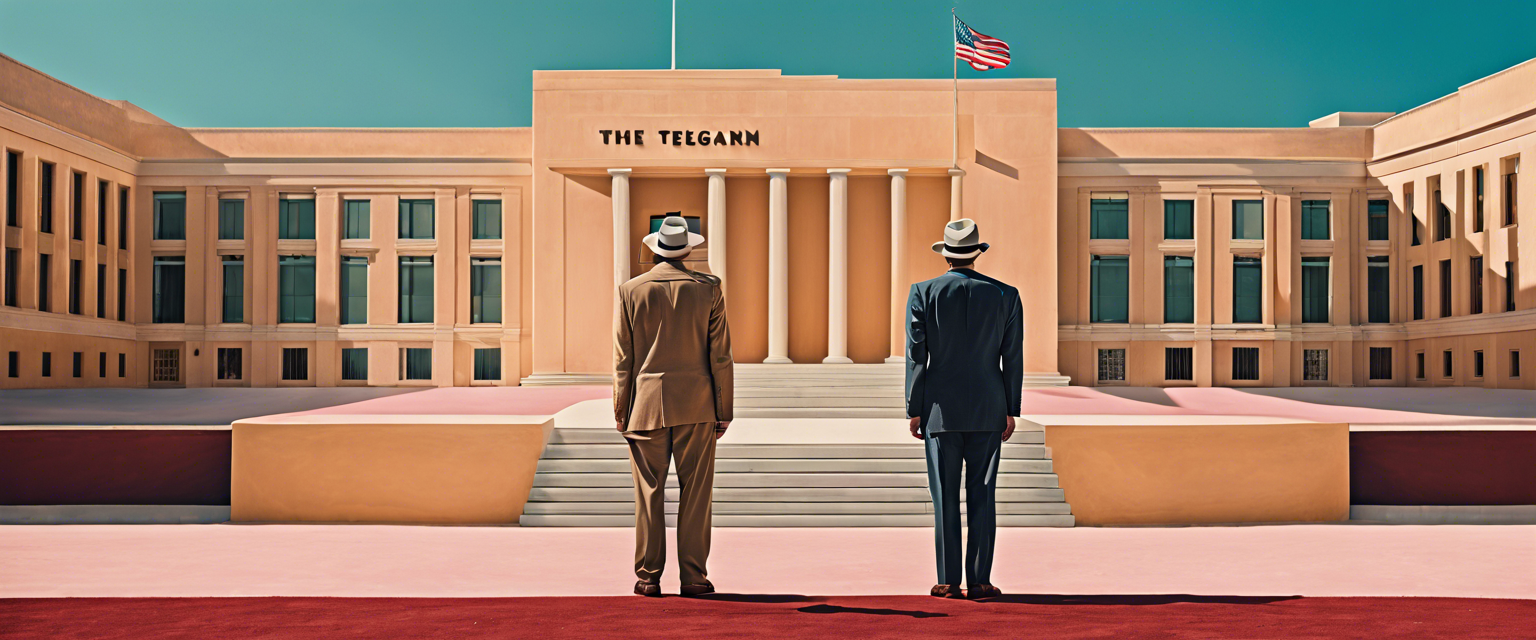The Impact of Tariff Policies on Inflation and Economic Outlook
Recent analysis by Odaily highlights the potential repercussions of the aggressive tariff policies implemented during the Trump administration. These policies could lead to a temporary spike in inflation, altering the economic landscape significantly.
Temporary vs. Prolonged Inflation
While economic models indicate that tariffs may cause a one-time increase in price levels, experts believe this will not result in a long-lasting inflationary trend. Renowned economist Jay Bryson from Wells Fargo suggests that the Federal Reserve may reevaluate its strategies in light of tariff-induced inflation.
The Federal Reserve's Approach
Jay Bryson points out that given the current slowdown in the labor market, the Federal Reserve is likely to adopt a more patient stance in addressing inflation concerns related to tariffs. This aligns with Wells Fargo's expectation for three further interest rate cuts this year, each by 25 basis points.
Potential Risks Ahead
Despite these expectations, Bryson warns that if the trade war escalates with a series of retaliatory measures from international partners, the Federal Reserve might have to reconsider its position. This could lead to more severe inflationary consequences, compelling the Fed to act more aggressively than anticipated.
Conclusion
In conclusion, while the current tariff policies may lead to an initial rise in inflation, the long-term effects rely heavily on the geopolitical landscape and the Federal Reserve's response. Monitoring these developments will be critical for economic stakeholders.
Further Reading
- Wells Fargo Insights - Stay updated on economic forecasts and insights.
- Bloomberg Inflation Analysis - In-depth analysis on inflation trends and data.



Leave a comment
All comments are moderated before being published.
Trang web này được bảo vệ bằng hCaptcha. Ngoài ra, cũng áp dụng Chính sách quyền riêng tư và Điều khoản dịch vụ của hCaptcha.